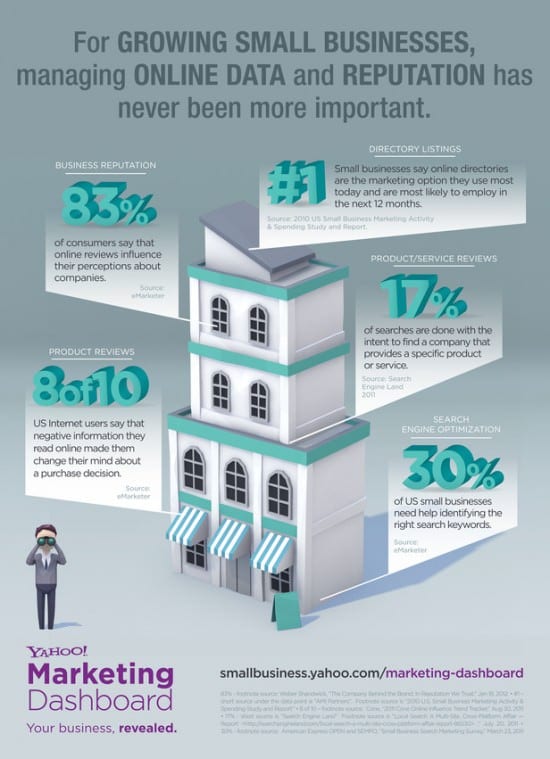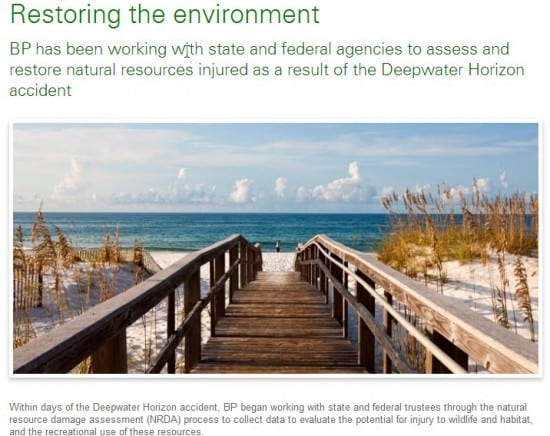Examples and tips of using ORM to protect your Brand and increase brand loyalty
Online Reputation Management or ORM is a vital part of any online branding strategy. It is the new PR. Word might spread fast in print, but it doesn't come close to the speed in which messages reach the masses on the Internet.
Managing your online reputation is not as difficult as you think, Over the past few years, many online reputation management companies have sprung up, but in many cases are a waste of your time and money as I'll explain.
A major part of managing your online reputation revolves around heightening the amount of good exposure in the results of various search engines and minimizing the amount of negative exposure. This is particularly the case for brand name related searches.
Essentially, you only want positive results showing up on Google's first page, as users do not usually proceed beyond that. You want any negative stuff to be buried on page 2 and beyond. However, while monitoring Google is a key part in managing online reputation, don't forget the other search engines such as Bing and Yahoo.
Slanderous stories, bad reviews, smear campaigns, and just plain lies can harm an individual's or brand's online reputation.
The infographic below is an excellent representation of why online brand reputation management is crucial to the success of your brand.

Over 90% of Internet users globally use search engines to research and access content.
Here are some statistics that will further underscore the necessity of employing a sound online brand reputation management strategy:
- 85% of Internet traffic is driven via the major search engines.
- 57% of Internet users utilize search engines each day, over half of that percentage for product information.
- 75% of users utilizing any of the major search engines never go beyond the first page. The first page of the search engines constitute your online reputation.
Having any negative results show on Google's first page can disrupt any chance for your business to secure that loan, purchase that office space, or even sell your business. Trying to secure press in an established outlet, being accepted to your city's chamber of commerce are some added reasons to conduct reputation management online. As the famous saying goes, you and/or your business will never get a second chance to make that first impression.
Your Facebook page with 100,000 plus likes, your detailed LinkedIn corporate profile, your company's website, any other informational outlets or positive results can be buried by negative results.
Every business is different. The management of your digital reputation, like a diamond, can be polished by incorporating a comprehensive online reputation management strategy. If you choose to ignore your online reputation, your success can be seriously affected.
Search results aren't the only thing to look out for. Being proactive online is a great way to avert any negative publicity and is paramount to protecting your reputation as you can see from British Petroleum's page below
Below is an example of some bad publicity from a popular travel review site, Trip Advisor:

Source: BP
Below is an example of some bad publicity from a popular travel review site, Trip Advisor:

Much more than a Google Search
Online Reputation Management's importance goes beyond direct searches conducted on the various search engines. The way you handle customer complaints and inquiries in Facebook posts, Tweets are all things that can come up in searches.
That is why it is crucial you respond to any inquiries or any negative comments in a quick, decisive and professional manner. In the process of tailoring your own ORM campaign, much attention must be given to the way you handle your social media channels.
If you are a small brand, you might consider hiring a person who is knowledgeable on the way Google, SEO and search engines work. They might use a bunch of free disconnected tools such as Google alerts to monitor your online reputation and respond when necessary. You may consider hiring one of the many online reputation management companies out there.
The key to making these decisions is by doing as much research as possible via reading and seeing what other companies are doing in managing their online reputation.
Tips for managing your online reputation
Here is a list of some online collateral you can use to make your online reputation shine:
- Build a better Business Bureau Profile
A lot of the time, curious consumers turn to their better business bureau for information about a company's reputation. By creating a profile here, it will bring your brand a solid sense of credibility.
- Monitoring and moderating comments
Sites that have in-depth reviews of your products such as Amazon, Yelp and FourSquare may hold the answer to your successes and failures. That is why it is crucial to pay attention to these sites and respond when needed.
- Alerts by Google
There is no better way to monitor your brand on Google than by creating alerts using your brand name and any other keywords. This will bring you instantaneous insight whenever people are discussing anything about you online. It will also help you monitor the competition and establish your own set of best practices in your mission in securing a stellar online presence.
Bringing it ALL Under One Umbrella
If you do decide to use online reputation management software, you will be empowered to bring it all under one cohesive umbrella. Monitoring and responding to any mention of your brand online will all be managed via a central dashboard.
Your online reputation matters now more than ever. Don't ignore it. Seize control of your online reputation today via implementing a tool(s) or service that will help you reap success.
If you have any other tips or examples please feel free to share in the comments.

Thanks to Alex Gutman for sharing his thoughts and opinions in this blog post. Alex is
BrandShield's Evangelist. He has been using computers and the internet since 1985. With a deep-rooted knowledge of technology, marketing and a passion for writing, he seeks to educate the masses on how they can protect and invigorate brand. You can connect on
Facebook, LinkedIn,
Google+ or
Twitter.






 Thanks to Alex Gutman for sharing his thoughts and opinions in this blog post. Alex is
Thanks to Alex Gutman for sharing his thoughts and opinions in this blog post. Alex is 


